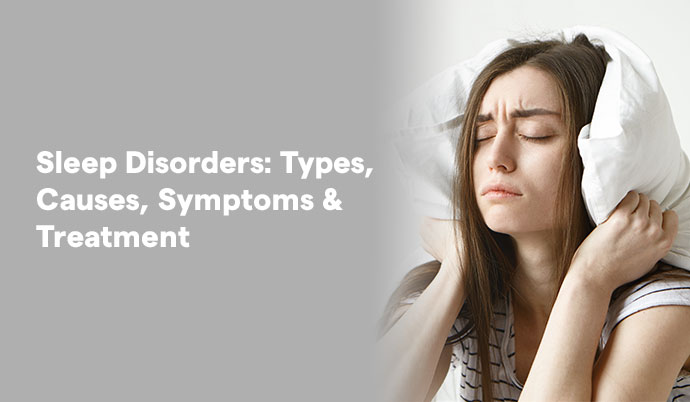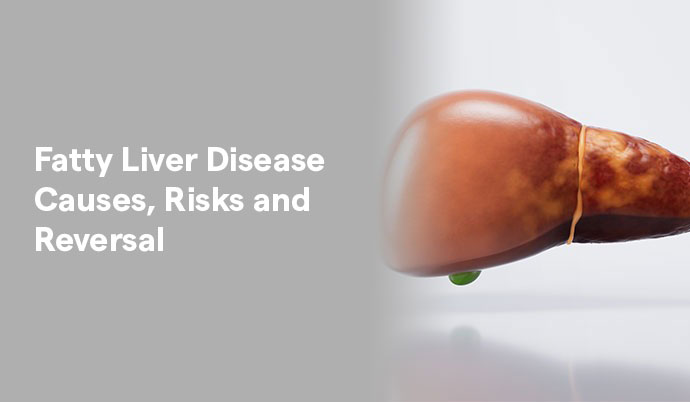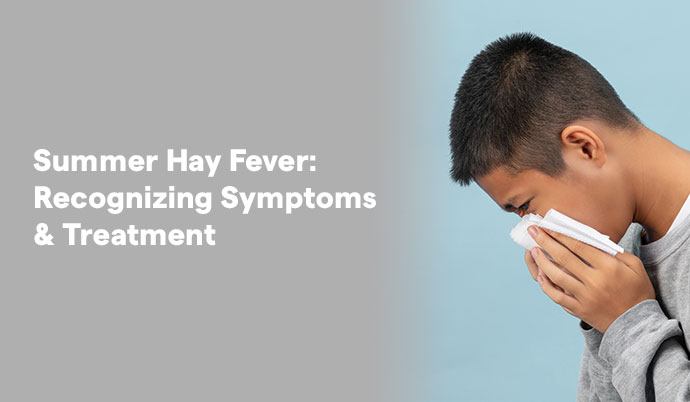
Sleep is the reset button that nature installs in us. Sleep is often considered a holy moment when the body restores, the mind clears its files, and the soul takes a deep inhale of air. So what goes wrong when this essential rest goes out of control? This is how sleep disorders creep in and destroy our health, productivity, and even mood. And believe us, they are not as uncommon as you might think. A study conducted in India that was published in the Journal of Family Medicine and Primary Care showed that insomnia occurs in around 33 percent of the urban population, and up to 13 percent of the adult population had obstructive sleep apnea (OSA). However, the majority of them are not even aware that they are fighting one or the other sleep disorder. There are more than 80 sleep disorders; hence, it is time to open up that curtain on the so-called silent epidemic of sleep disorders, and how to get a good night of beauty sleep back.
Sleep disorders are a set of disorders that interfere with your ordinary sleeping state. They may influence the quality and amount of sleep, the daytime functioning of your body, and the quality of sleep. Although occasional sleepless nights are not a disorder, problematic is the frequent sleep duration that may be a sign of underlying trouble. They are incited by the code of life, health disorders, psychological disorders or even genes.
The most common of all sleep disorders is insomnia, which implies not sleeping, not staying asleep, or waking up too soon and being unable to sleep again. It may be short-term (acute) or lasting more than three nights a week over three months or longer (chronic).
It may have the following symptoms:
As the name suggests, it is a stoppage of breath during sleep. Sleep apnea is a potentially serious disorder with periods wherein breathing repeatedly stops and starts during sleep. There are two common types:
Major symptoms of sleep apnea are:
RLS is characterised by a neurological disorder that causes an uncontrollable urge to move one's legs because of uncomfortable sensations. The symptoms include:
This is an uncommon neurological disorder that affects the brain's ability to control sleep-wake cycles. People with narcolepsy can fall asleep anytime; during a conversation, at work, even while eating. Typical symptoms include:
They happen when your internal clock is faced with an external environment out of sync. Some common types include:
Sleep disorders don't just pop out of nowhere. Several factors can cause your slumber to become disturbed:
Mental health plays a vital role in sleep quality. Racing thoughts, overthinking, or emotional stress can hinder one from falling asleep or staying asleep.
Binge-watching till 2 AM? Or scrolling through Instagram reels in bed? Bad sleep hygiene, like that of irregular sleep-wake timings, excessive screen use, or caffeine intake just before sleep, can really throw your internal clock off.
Chronic pain, asthma, acid reflux, or neurological conditions such as Parkinson’s or epilepsy can also cause sleep disturbances.
Certain antidepressants, blood pressure medications, and steroids can interfere with sleep. Even some over-the-counter medications, such as cold and allergy pills, can interfere with your sleep.
Sleep problems for women can often get intensified during menstruation, pregnancy, or menopause due to hormonal fluctuations.
Sleep disorders or interruptions may not be obvious. You may say just tired or overworked, but these problems can be so deep and irrepressible. Keep an eye out for these symptoms:
Doctors from the best sleep medicine hospital in Delhi usually start with questions about your sleep habits, lifestyle, and medical history. You might be asked to maintain a sleep diary for several weeks to monitor patterns. Tests that may be instructed by the doctor are:
The best news? Almost all sleep disorders can be treated or even cured. How?
This is the gold standard of chronic insomnia treatment. It involves altering negative thoughts and behaviours that interfere with sleep.
Specialists prescribe sleep medications for temporary use. For sleep apnea, CPAP (Continuous Positive Airway Pressure) machines are a lifesaver. Sleeping pills are not a long-term solution. They can be addictive and tend to impair next-day functioning.
Occasionally, a small sleep hygiene face-lift is all it takes:
Kids can have sleep disorders such as night terrors, bedwetting, or behavioural insomnia. Teens are also not spared, with late-night mobile phone usage and school pressure as the usual suspects.
The Indian Journal of Paediatrics approximates that 10-15% of school-going children in India have some kind of sleep problem. Treating them early is important to ensure proper cognitive and emotional growth. Ignoring sleep problems isn't just exhausting, it's risky. Repeatedly depriving yourself of sleep can cause:
Sleep is the pillar upon which all other systems in your body rest. Take it away, and the rest of the systems begin to collapse like a storm-tossed house of cards.
In a culture that celebrates hustle and all-nighters, sleep is viewed as a luxury. But it's a necessity, not a privilege. If you're having trouble sleeping, waking up sluggish, or snoring so loudly the neighbours are afraid, pay attention.
Sleep disorders are a real thing! They can be diagnosed and they can be treated. It's time to idealise rest, glamorise bedtime on time, and make those 7–9 hours of golden sleep a priority every night. So the next time you hear someone say, "I'll sleep when I'm dead," just send them this piece of information. Sleep disorders are nefarious little creatures, but when we know them, we can best them with science, discipline, and a fluffy comforter. For more information, diagnostic care, and treatment of sleep disorders, book an appointment at Sir Ganga Ram Hospital today.




